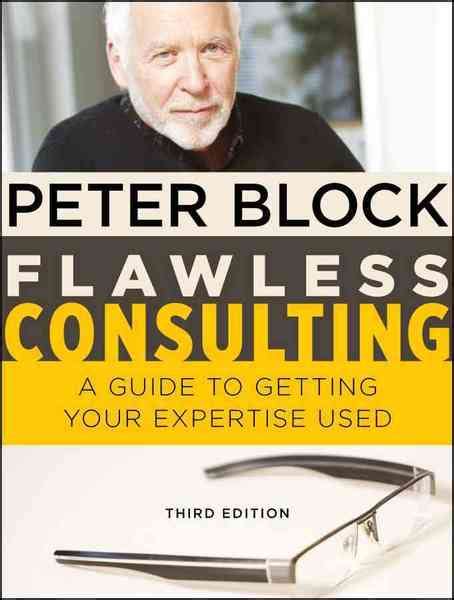A Quote by Marshall B. Rosenberg
Self-empathy in NVC means checking in with your own feelings and needs.
Related Quotes
Love is about bottomless empathy, born out of the heart’s revelation that another person is every bit as real as you are. And this is why love, as I understand it, is always specific. Trying to love all of humanity may be a worthy endeavor, but, in a funny way, it keeps the focus on the self, on the self’s own moral or spiritual well-being. Whereas, to love a specific person, and to identify with his or her struggles and joys as if they were your own, you have to surrender some of your self.
Optimism sprouts from the knowledge that you are in control of your own life, not your past and not those around you. Part of being in control is taking responsibility for how you feel. This means not just admitting to uncomfortable feelings but then examining your circumstances to see what can be done to change these feelings at the source.
Empathy occurs when we suspend our single-minded focus of attention and instead adopt a double-minded foucus of attention. When our attention lapses into single focus, empathy has been turned off. When we shift our attention to dual focus empathy has been turned on. Empathy is our ability to identify what someone else is thinking or feeling and to respond to there thought or feelings with an approriate emotion. Empathy makes the other person feel valued, enabling them to feel that their thoughts and feelings have been heard.
I discovered that resolution of conflict comes from people being able to express their own feelings and their own needs in the face of another. Making agreements and setting goals without building upon the feelings of the parties involved is empty, because it does not consider the vulnerabilities of our own humanity.
Those who have chosen the path of least resistance in life, who cannot bear to bring themselves to make a stern value-judgment in criticism of their own most intimate feelings, achieve what they deserve: not self-understanding but radical self-superficialization, not a discovered but a self-ascribed identity that explains nothing, reveals nothing, means nothing, and ultimately accomplishes nothing culturally or intellectually.
If you are an effective manager of your self, your discipline comes from within; it is a function of your independent will. You are a disciple, a follower, of your own deep values and their source. And you have the will, the integrity, to subordinate your feelings, your impulses, your moods to those values.



































